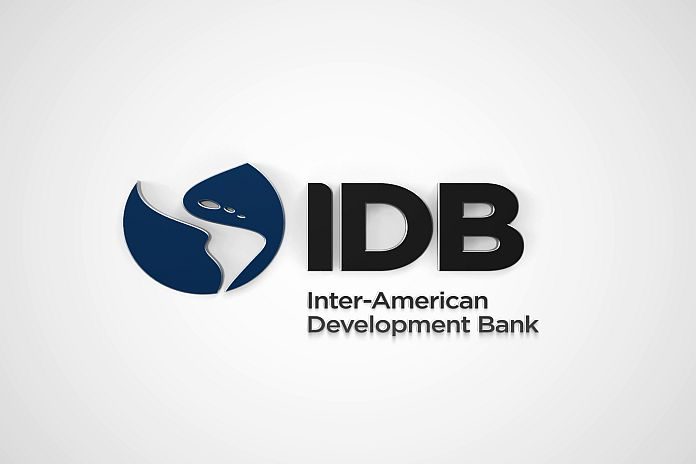QUITO, Ecuador – Ecuador will strengthen its social services in the areas of health, education and social protection for at-risk communities in several high-priority cities following approval of an Inter-American Development Bank project. It is the first operation approved under a new modality that includes grant money to help cities that take in migrants.
The transaction entails a $50 million loan and $12.5 million in grants under the Migration Initiative which was approved in March 2019. The $50 million loan is pegged to the LIBOR, and the other $12.5 million is a grant.
“Ecuador has made major social progress in recent years and now it is acting in a pro-active way so as to ensure that communities can continue to access quality social services even when there has been a big increase in demand for services,” said Julia Johannsen, the team leader for the IDB project. “The project has innovative features. For instance, it uses novel geographic tools to identify those who are most needy, introduces new ways of providing special protection for vulnerable minors, follows a multi-sector complementation focus with regard to social services and thus ensures efficient use of resources.”
Starting in 2018 Ecuador began to receive migrant flows, in particular from Venezuela, heightening the challenge of providing social service coverage and quality that were adequate to guarantee people’s human development, particulary among those most in need.
The design of the project responds to the government’s request to finance an operation that meets the challenge of developing an overall strategy for including migrants in Ecuador’s communities through social services that offer social protection, health, and education, without this affecting Ecuadorans’ access to these same services in the main host cities of the country.
The project uses anonymous cellphone registries to pinpoint the main host cities for migrants including Guayaquil and Quito, followed by Manta, Santo Domingo, Cuenca, Machala, Portoviejo, Esmeraldas, Ibarra and Salinas.
The beneficiaries of the program are children, adolescents and women living in vulnerable circumstances in the cities designated as high priority. Following the logic of the cycle of life, the project aims to improve access to social services for the most vulnerable people including pregnant women who need pre-natal care, unaccompanied or homeless minors in in need of temporary shelter and children and adolescents who runs the streets and their families.
It also aims to help pre-school age kids who are excluded from the education system receive home visits, and children aged eight to 18 who are at least two years behind in school relative to their age and need tutoring to get back on level.





